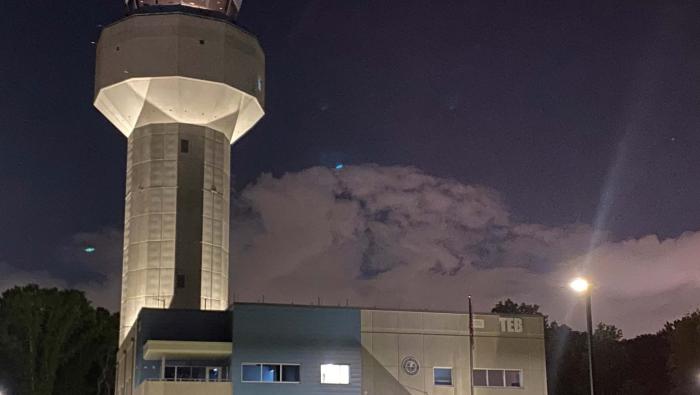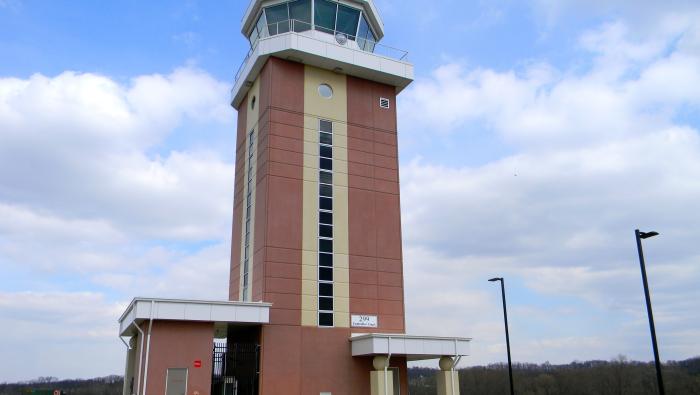Efforts by the National Air Traffic Controllers Association (Natca) to force resumption of contract talks with the FAA through congressional maneuverings failed early last month when the House narrowly defeated a bill that would have sent both sides back to the bargaining table.
The FAA declared an impasse on April 5 after nine months of negotiations with the union that the agency claimed cost taxpayers $2.3 million. As provided by federal law, the FAA then submitted its final proposal along with Natca’s objections to Congress, which had 60 days to take some action.
“That period for review has ended without modification of our proposal to Congress,” said FAA Administrator Marion Blakey on June 5. “Therefore under the terms of our statute, the FAA’s proposed change takes effect as of today, and we will begin the process of implementing our proposal.”
But Natca continued to lobby Congress. Rep. Steve LaTourette (R-Ohio) introduced a bill to retroactively repeal the federal law that allowed Blakey to unilaterally impose the new contract. But parliamentary rules required a two-thirds majority for this to happen, and on June 7 the vote failed.
Natca accused the Department of Transportation (DOT) and the FAA of spreading “fear and misinformation” on Capitol Hill. “Despite tremendous political pressure and an intense misinformation campaign from the White House, the FAA and DOT, 271 members– 65 percent of those voting–voted in favor of H.R.5449,” said Natca president John Carr. “This sign of support will further energize our legislative efforts as we pursue the numerous options still available to us.”
According to the FAA, the average controller compensation package worth $165,900 today would grow to $187,000 over the life of the five-year contract.
The FAA said it plans to operate under the old contract as the new pact is phased in.
Natca contends that the FAA offer will create a situation where veteran controllers are penalized for remaining on the job. The controllers say that the contract will mean a pay cut, which could compel one in four controllers to retire upon reaching their eligibility date.
“As long as the safety and integrity of the ATC system is in danger, we will continue to pursue legislative relief,” said Carr. “We are confident that additional legislative avenues remain open. We’re looking forward to pursuing all remaining avenues aggressively,” he added.







